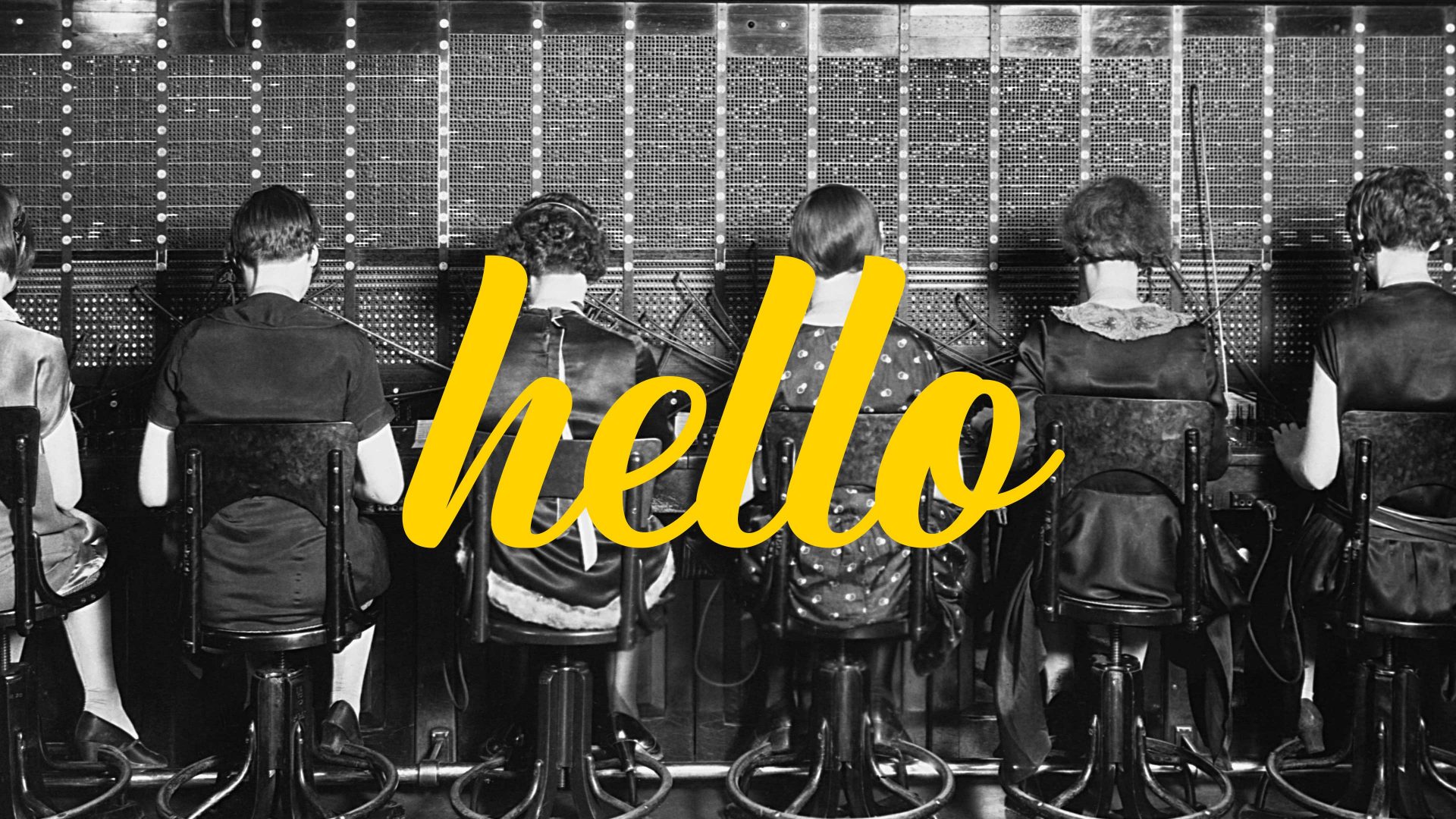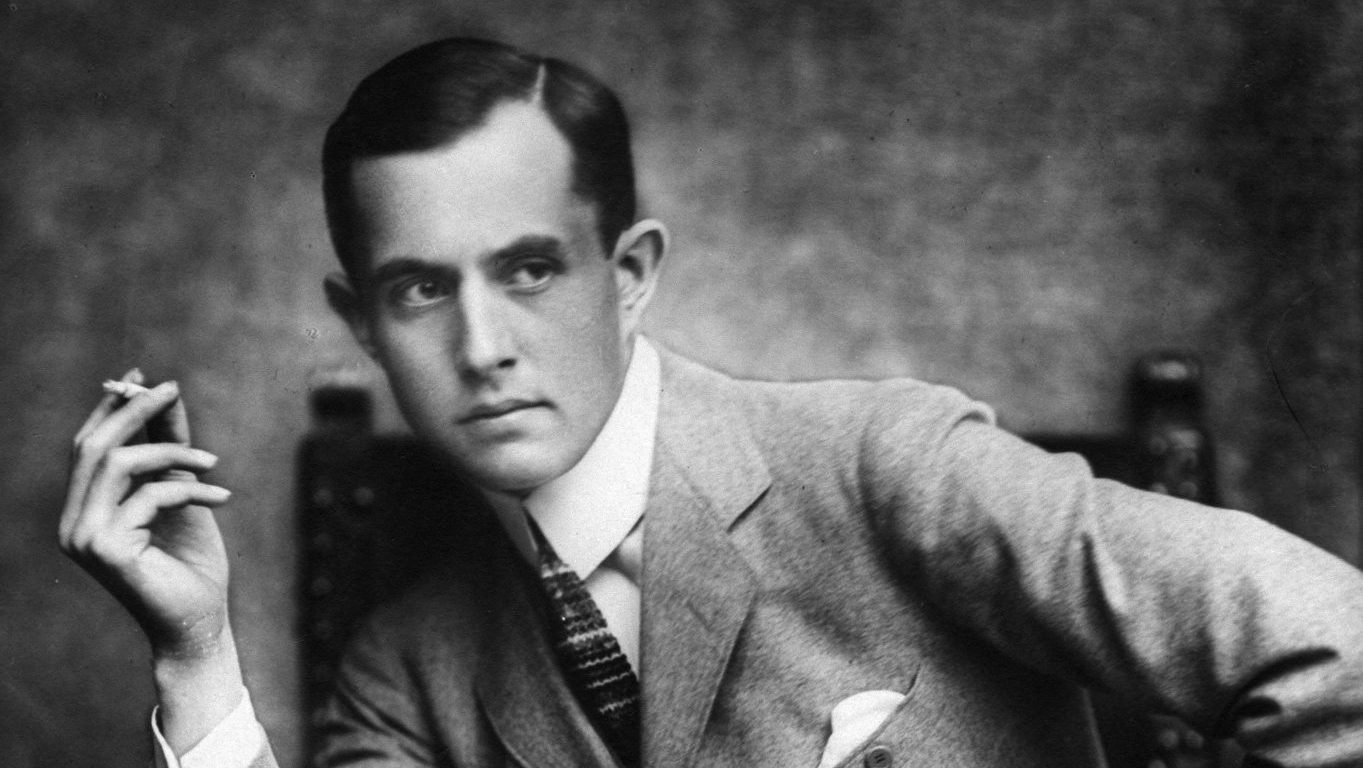I remember rather clearly the first time someone greeted me by using the word “Hi!” It was in about 1962. I had heard the greeting before, as used by speakers of American English on TV programmes and in films, but that was the first occasion I had experienced a British – specifically, English – person actually using this greeting to me in a face-to-face conversational situation.
My personal recollection tallies rather well with the philological records. The Oxford English Dictionary, which provides a comprehensive record of the development of English vocabulary over the centuries, confirms that “hi” as a greeting is an innovation, not just in Britain, but in the English language generally, dating to 1862.
The dictionary’s first citation, which is from the USA, is: “When out on the prairie, up galloped an Indian on his pony with his saluting “hi!”. The first unambiguously British citation of hi in the OED does not appear until 1953.
The greeting may derive from “hiya”, which was possibly originally the genuine enquiry “How are you?”. Over the years the phrase lost its function as a question and became shortened and reduced. This is a common process – when you say “bye” to someone, you are using a reduced form of “God be with ye”.
Similarly, the greeting British people traditionally use when being introduced to someone they don’t know – “How do you do” – also started life as a genuine query, but no longer is one. It is simply the older counterpart of what, using modern English grammar, would be “How are you doing?”
The correct response to the greeting is not something like “Well, I’m a bit under the weather right now”, but always a reciprocal “How do you do”. We answer what looks like a question but isn’t with a response which looks like a question but isn’t.
And I think it is correct to write “How do you do” without a question mark.
If I remember rightly, before hi became popular, people in this country always used to say “hello”. But the word hello itself also turns out to have been an innovation; on this side of the Atlantic, it was originally regarded as an Americanism, as the normal British variant was hullo. According to the OED, the first British usage of hello in print did not occur before 1928, while hullo is first recorded from 1857.
These hello, hullo-type forms may all come from medieval forms derived from hail! such as hail-o, hallo, hollo, holla, halloo, which were shouts intended to attract attention. These seem to go back at least to 1400, often in the context of hunting on horseback.
There is also a suggestion that the modern rise in popularity in the use of these hail-derived forms as greetings began in the 1880s, coinciding with the spread in telephone ownership and usage, when there was apparently quite a lot of discussion about the etiquette of answering the phone. This was, after all, a totally new social situation.
It was not even clear as to who should speak first, the caller or the person being called. During the first world war, female telephone operators in the USA armed forces were encouraged to say “hello” when answering the phone, even though this was perhaps not an obvious choice, and came to be known as “hello-girls”.
HAIL
To hail in the sense of “to greet” is etymologically related to other words such as hale, heal, health, whole. The Old English verb hælan meant to “cure, make whole” . The modern spelling of whole with w is unetymological but does have the advantage of distinguishing the word from hole “empty space”.




